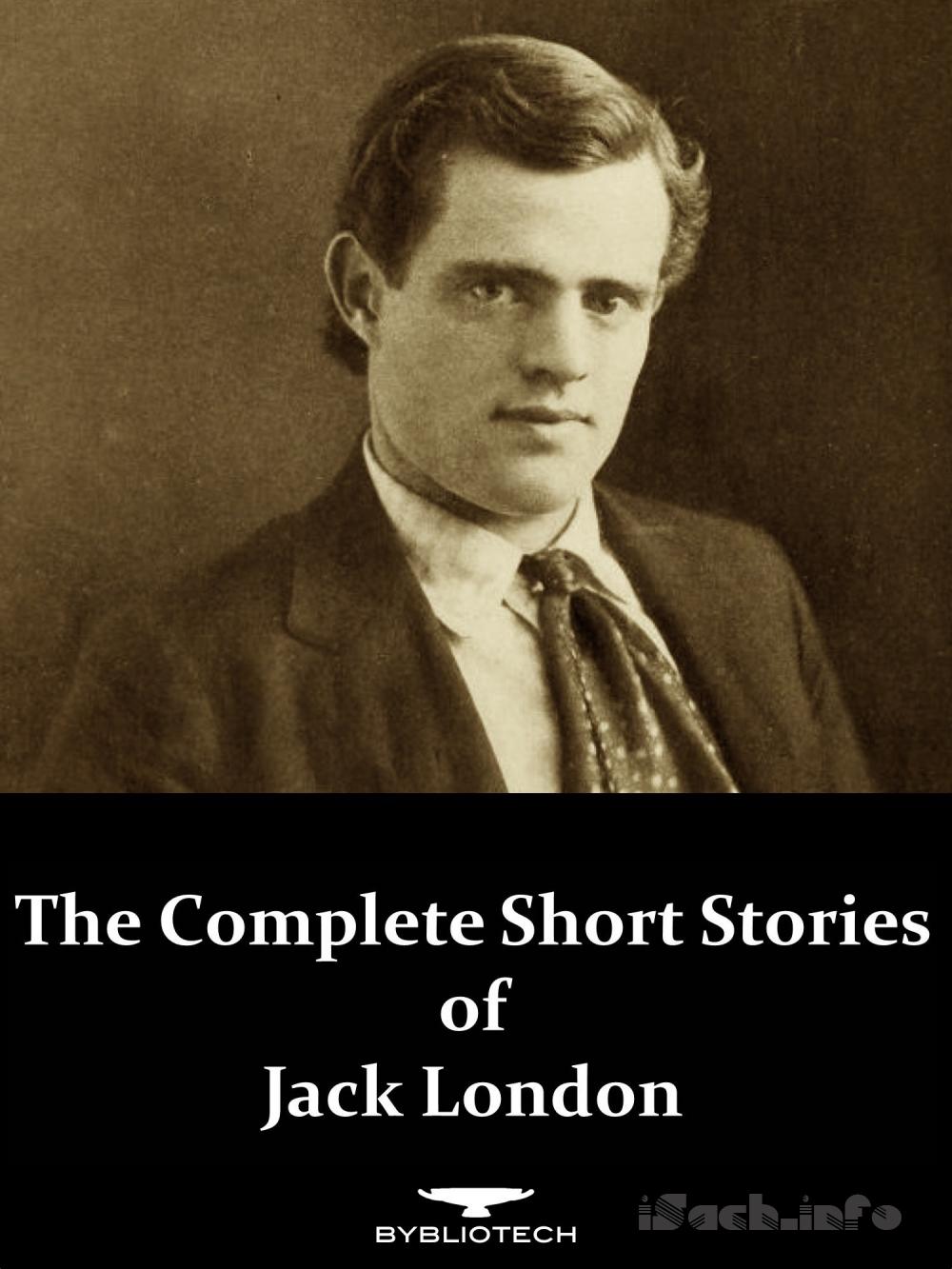"One More Unfortunate"
A
ND this was the end of his art! He saw it all now, and his soul grew sick. The hope of his life lay dead. Clearly, vividly, the shame, the misery of it, burst upon him. He had dreamed his dream, and now must come the awakening—and what an awakening!Again the curtain rose on the dirt, ill-lighted stage, and again, with trembling, wasted fingers, he turned the pages of the score and mechanically played the prelude. The second violin was atrocious; but its marvelous execution and phenomenal time caused him to smile a bitter smile. The trombone gave vent to excruciating agonies, and the drum persisted in bursting unexpectedly at the most inopportune places, while the piano played or not as it saw fit.
The music jarred upon him, but no less than his surroundings, now that the veil had been torn aside. The prelude finished, he had time to look about him. It was the last scene. A woman, in tawdry finery and indelicate dress, had approached the footlights, and in a strained, cracked voice, she was now attempting to sing, out of her register, a popular song. The pit of the house was filled with workmen, sailors, longshoremen, toughs,—the scum of the metropolis. Waiters hurried from table to table, dispensing drinks and soliciting patronage. The women in the boxes cast bold looks, and their painted faces but served to hide the care and worry of their fierce struggle for existence. The air was rent with oaths, conversation and laughter, that often drowned the singer's voice, and brought into her face an anxious expression, for well she knew if the encore was not sufficiently loud, her services would be dispensed with—not at the end of the week, but at once.
A drunken sailor in the front row raved unceasingly, and his hoarse, meaningless babble kept fit accompaniment to the shrill treble of the singer. A couple of sturdy waiters toss him into the street; a fight in the back hardly attracts attention; and the woman concludes her song to the applause of one table—evidently friends—and leaves the stage to confront the irate manager.
Again the music strikes up, and the awakened enthusiast for the last time that evening leads his crazy orchestra. It was but the obscure work of some unknown composer, perhaps one like him who had dreamed his dream and awakened; but the beauty of it aroused his latent appreciation unconciously. The discords of his companions became inaudible; the vile surroundings vanished, and the musician in thought returned to his childhood and lived his life again.
Once more he trod the familiar paths of his mountain home; his brothers and sisters were around him—the home circle, complete. His father—dear kind, old man,—with his wrinkled, weather-beaten face, told stories of the Indians, the plains, the war, in his homely language and crude manner. His mother, the younger children clustering round her, heard with maternal solicitude, their little happenings of the day, joyed with their toys, sorrowed with their sorrows. But he beheld with grief, the sharp lines drawn deep about eyes and mouth, that told of hidden worries. Alas! he had not understood their import in those days of long ago. Nor was he forgotten. Many a glance of pride, not unmixed with apprehension, she cast upon as he sat with chair close drawn to kitchen table, drawing music upon paper, as had Signa of yore.
The scenes changed rapidly. Now he crept into the little village church, and the preacher's daughter, a kindly spinster, stood near him as she practiced on the organ. Now he crept away, his little heart throbbing with ecstacies of delight, and sought the stream, the little stream, that dashed so turbulently down from the snowy peaks beyond. There he listened to its song, heard the wind sighing through the pines, and with the music of all animate nature ringing in his ears, returned to his humble house and was glad. Again, deep in that beloved book of Signa, he raised his wet eyes, and ambition trod with conquering step to fame, while the future, painted with fairy touch, was revealed through the bright vistas of success, and all seemed real to his childish imagination.
Now, tossing restlessly on his bed, he rose, and in the silence of the night, standing in the shadow of the great mountains and listening to the subdued, nocturnal song of nature, felt his genius pulse feverishly within him, and great longings and desires come over him.
What had become of that genius? Certainly the present was not genius. Where and how had he lost it? And he would not answer.
Now, his father in an idle moment made him a willow flute. What dear companions they were!—this flute and he. What shrill harmonies they produced, when of a holiday he fled the boyish sports and lost himself in the dark mazes of the forest! Now the preacher's daughter gives him his first lessons. Now he plays in the village church.
Oh, happy time! All day following the plow or working in the timber, how he looked forward to night, hurrying to the church, he played to himself and to the dark. Then those improvisations—the villagers all declared it wonderful that he could make such beautiful music; and one day, he remembered, the tourist who told him he had genius, but he was wasting it there. "The city was the place," he said.
The city! The city! How it rang in his ears and haunted him in waking and sleeping! The city! The city! Yes, he must go to the city. There he could find teachers; there could be found satisfaction of his desires; there fame and fortune awaited him.
"Music! Music!" his soul cried out, and "The city! The city!" was echoed back.
But the city was far away. The time passed by, and he still worked on, hoarding a little store of money that slowly increased. He labored on, patient and uncomplaining, looking forward and planning. But at times the yearning would come so strongly upon him that he could hardly guide the plow, and the keen, bright share would swim and dance before his eye, and even the song of the lark fell flat on his ear.
The maidens cast shy glances at him, but he had no thought of marrying—that would mean adieu to music. So he did not marry, and the country-side wonderful till it grew accustomed to him, and the maidens wedded other and more fortunate swains.
At last the fateful day arrived. He bid good-bye to his mountain home, and, full of hope, turned away to the city. But the portals of success opened not at his knocking. Unknown, a wanderer, he found himself arrayed in the lists against talent, genius and power.
He struggled on. He found teachers—he could not afford the best—and devoted himself to study. He learned more of the world he had aspired to conquer, and found the ladder to fame a colossal structure, whose very shadow awed, and against whose base was crushed the throng that struggled for a footing. To his simple, rustic soul the grandeur was overwhelming, and he was startled at the magnitude of the task before him. But not disheartened, he devoted himself to its accomplishment. Many were the rebuffs he met with, and many a pang and heartache. He struggled on, though many were they who, by wealth and influence and sometimes merit, passed him in the race.
Yet the future brightened. He fought his way into the outer circles, where his unpretentious talent soon received recognition. He had performed on the violin in public several times, and in a small way became quite in demand at musicales and theatricals. The great Padrodini had even complimented him.
But his money growing less, he economized and did not eat so often. Then, through devotion to his music, he was careless and did not take sufficient precaution against wintry weather. One day he remained in bed. A long illness followed, and his money becoming exhausted, he was turned into the street when hardly well. He was too proud to seek assistance from his grand friends.
Oh! how scene after scene flashed before him—weird nightmares, horrid phantoms of cold, and want and sickness. Oh! the misery of it all! Tramping, wearily, those long, cold streets—not a friendly eye or kindly greeting—clothes tattered and torn, and the while tormented by his feverish genius, and filled with terrible longings for his lost music. But worst of all, like an availing mother holding a dying child to her dry breasts, he felt his art growing cold within him. Was it then that it died? he thought, as he remembered the terribly lethargy he finally sank into.
At last, after a weary, weary time, it brightened. Shivering one night outside a music hall to which he had been attracted by the bright lights, he was approached by an attaché of the place. The second violin had been taken suddenly ill; could he play? Ah! it was a haven of refuge to him! How eagerly he accepted! With what joy he felt a violin again quivering in response to his trembling touch! Did his art revive then? He wondered and thought not. No; it was the mechanic, not the soul, that had performed nightly in that ill-lighted hole, year after year.
And those years had not been happy. Often, at first, had the old-time longing come upon him; yet as often had he answered, "Some day." But that some day never came. Ever, it danced before him, growing fainter and fainter, and ever his pursuit lagged by the wayside, till at last the quarry had been lost to view. To-night he had awakened. He saw and realized it all. He was old. Hope had fled. Grief and remorse clamored at his heart.
The second violin reached the end of the score and stopped. The leader played on. The drummer awakened and spasmodically drummed for a space. The piano threw in a few chords and running passages; then gave up in despair. But the leader played on. His eyes were closed. The violin gave voice to his anguish.
The hum of conversation died away and silence fell on all. The manager looked surprised. The waiters paused from their tasks. The women craned forward. The poised glass remained undrained, and pipe and cigrette went out.
Sad, quivering notes that grieved and sobbed and wept—tremulous, long-drawn strains of agony, that mourned and cried and wailed. Weeping sorrowing, lamenting, mourning, the musician played on, and the house was silent as though icy death had breathed upon them.
Tears of anguish and distress, sighs of remorse, regret, cries of pain and despair trembled on the palpitating air. A world of feeling, unutterable. All the misery of blighted hopes and withered joys. The woe of an expiring genius. A violin and a master, one. The wretchedness and affliction of a wasted life, crying out in its distress.
The music changed, growing weird and awful—tremulous strains, grewsome and terrible—thrilling notes, shrill sounds and piercing cries. Shaking, shuddering, shivering, quivering, the violin shrieked in terror and dismay. Moans, groans, screams—a vortex of emotions—dreadful, terrifying, frightful, wonderful.
A string broke, and with jangling discord the music ceased. The violin fell from the player's nerveless hand. A woman screamed and fainted in a box; others cried. Save this, the rest were silent—an appreciation more eloquent than the thunders of applause.
The musician staggered blindly out.
"He's old, and a little bit goes to his head, now," the waiters said.
The docks, just before dawn. A gloom-enshrouded form, that stands above the turbid tide and murmurs:
"The sea is still and deep;
All things within its bosom sleep;
A single step and all is o'er;
A plunge, a bubble and no more."
"A plunge, a bubble and no more."
1895



 ePub
ePub A4
A4